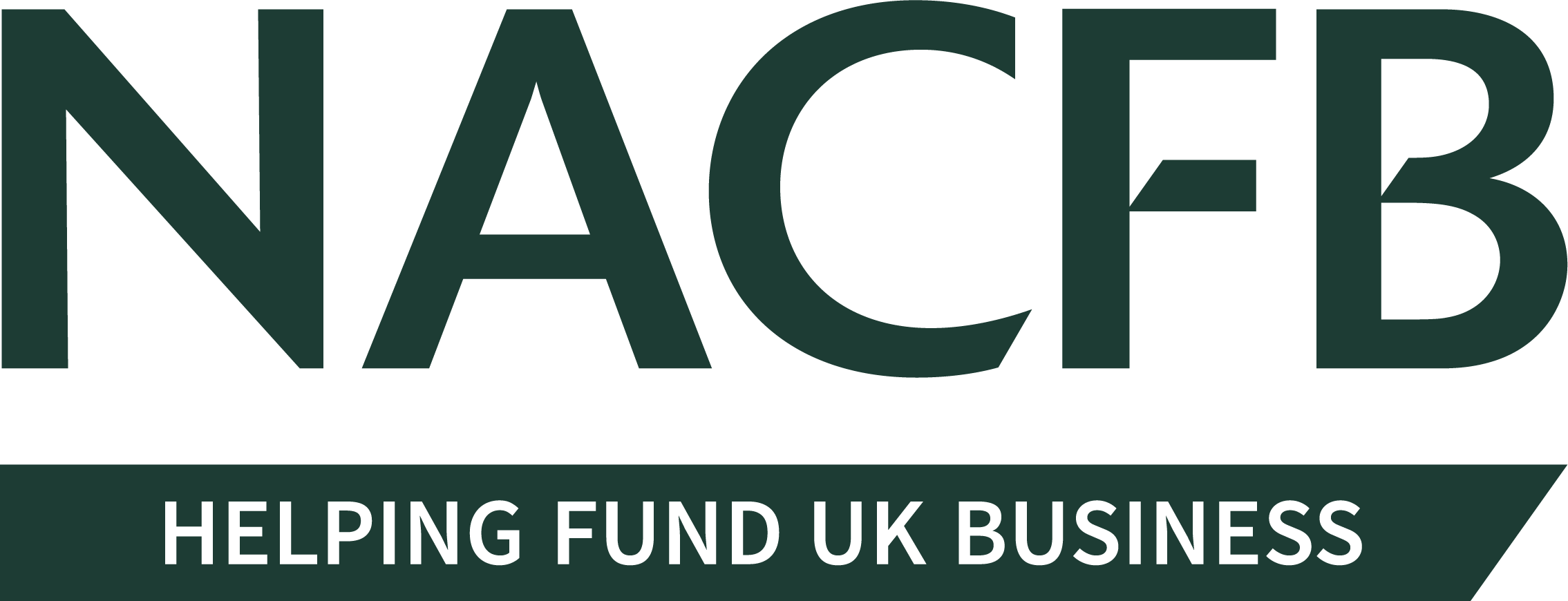The Autumn Budget arrived amid pressing economic challenges, with Chancellor Rachel Reeves delivering her first Budget aimed at “national renewal.” It was a set of proposals designed to stabilise public finances and support growth while tackling long-standing issues.
Central to Reeves’ vision is supporting working people and reducing economic uncertainty, yet the extensive tax measures mark it as the most substantial revenue-raising budget since 1993. Following fiscal adjustments, businesses face higher costs, but they will also benefit from targeted support, particularly within retail, hospitality, and small enterprises. Alongside tax changes, a fiscal rule adjustment will also allow for an extra £50 billion in borrowing, facilitating investments in healthcare, infrastructure, and workforce development.
In contrast to recent approaches, Reeves’s first Budget pivoted away from tax cuts toward carefully targeted increases. Key among these is the National Insurance Contribution (NIC) rises for employers, which could challenge wage growth and recruitment, and updates to the Capital Gains Tax (CGT), raising both lower and higher CGT rates to 18% and 24%, respectively. To mitigate some impact on business, the Employment Allowance has been expanded, supporting over 800,000 businesses, especially smaller employers, who will pay no NICs next year. Although allowances remain frozen, the Budget brought a broad increase in public sector investment, which is hoped will drive productivity and growth in the longer term, with critical projects set to be supported by the £70 billion National Wealth Fund.
The new fiscal framework seeks to improve accountability while also addressing cost-of-living concerns through minimum wage increases and additional support for struggling households. For businesses, a Corporate Tax Roadmap clarified the rate will remain capped at 25%, aimed at fostering long-term planning and stability.
A list of key measures can be found below, and the official Budget proposal from HM Treasury – titled: Fixing the foundations to Deliver Change – can be found online here.
Headline employment announcements
- National Minimum Wage increase to £12.21 per hour from April next year;
- Employers’ face NIC increase of 1.2% to 15%, also from April 2025; with the threshold set to be reduced to £5,000;
- The Employment Allowance will rise to £10,500.
Key tax changes
- With Capital Gains Tax, the lower rate increases to 18% and higher rate to 24% – effective immediately;
- Business Asset Disposal Relief rate will increase to 14% from April 2025;
- The Inheritance Tax threshold has been frozen until 2030, with added scope to tax unspent pension pots set to be introduced in April 2027;
Sector-specific support
- Permanent 40% business rates relief for retail, hospitality, and leisure sectors, capped at £110,000;
- Corporate Tax capped at 25%, with a roadmap to provide clarity and stability for planning.
Other notable measures
- The non-dom tax status will end in April 2025, shifting to a residence-based system;
- New measures were announced that target umbrella companies and tax scheme promoters;
- Carried interest tax increases to 32% in 2025, set to impact venture capital and private equity structures;
- There was the launch of a Higher Energy Profits Levy plus EV financing incentives, with extended allowances for zero-emission cars and EV infrastructure;
- SDLT for second homes and buy-to-lets rises from 3% to 5%, impacting property investment clients.
- Additional reliefs and investments;
- Fuel duty remains frozen, supporting high-distribution businesses;
- The Budget saw the launch of Skills England, designed to address workforce shortages;
- Increased funding for NHS, transport, and infrastructure through the National Wealth Fund, promising over £70 billion in investments.


